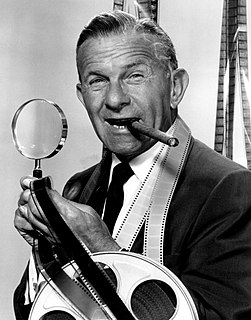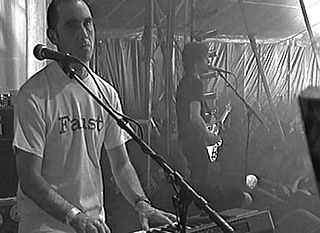A Quote by George Burns
I thought to myself, 'why not write a bestseller?' In the first place, more people buy them and more people read them. You make more money and it doesn’t take any more time to write a bestseller than it does to write a book nobody buys.
Related Quotes
You can't write a book if you've never read a book. And if you've read five books and you try to write a book, your book will mainly encompass the themes and the context of the five books you've read. Now, the more books you read, the more you can bring to a book when you decide to write one. So the more rap I learned, the more I was able to bring to rap when I decided to rap. But this was all subconscious.
I don't write about love because it makes for easy, passive heroes. I write about how love makes my characters more autonomous, more self-possessed, more opinionated and powerful. I write about characters who pursue relationships that make them the people they want to become. I write about love as a superpower.
You cannot teach somebody to write a masterpiece, but you can certainly teach them how to improve their writing skills. And you can teach them that they can make their own voices more effective by being able to communicate more clearly and forcefully. It makes people feel more capable when they can write - for instance to make a request - of a politician - and when they are able to receive a reply.
You can’t learn to write in college. It’s a very bad place for writers because the teachers always think they know more than you do—and they don’t. They have prejudices. They may like Henry James, but what if you don’t want to write like Henry James? They may like John Irving, for instance, who’s the bore of all time. A lot of the people whose work they’ve taught in the schools for the last thirty years, I can’t understand why people read them and why they are taught.
When I write a book, I put everything I have into it; so the more I have, the more the books become. Some people get freaked out by them: mostly the people who believe, mistakenly, that fantasy is about escaping reality. To them I say: If you have a problem with reality, you should be spending more time dealing with your life, and less time reading popcorn fantasy.
The more I write, the more I've come to realize that books have a different place in our society than other media. Books are different from television or film because they ask you to finish the project. You have to be actively engaged to read a book. It's more like a blueprint. What it really is, is an opportunity... A book is a place where you're forced to use your imagination. I find it disappointing that you're not being asked to imagine more.
I always thought, I can't waste time, I have to do work. I also thought that I was slower than other people, that I had to concentrate more. I always thought, I'm not brilliant, I have to work. That was something I embedded in myself very early: I have to go home and write. But did I get any more work done than people like Frank O'Hara, who were always going to parties? Probably not.


































